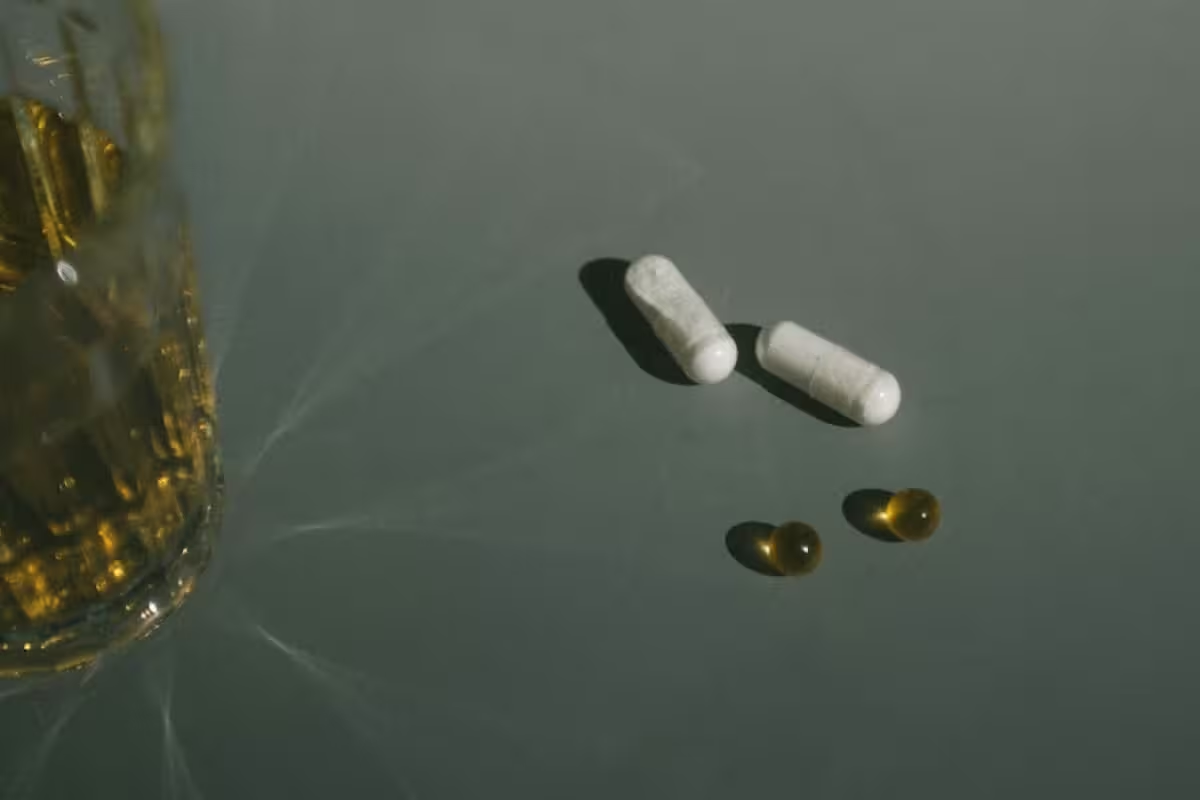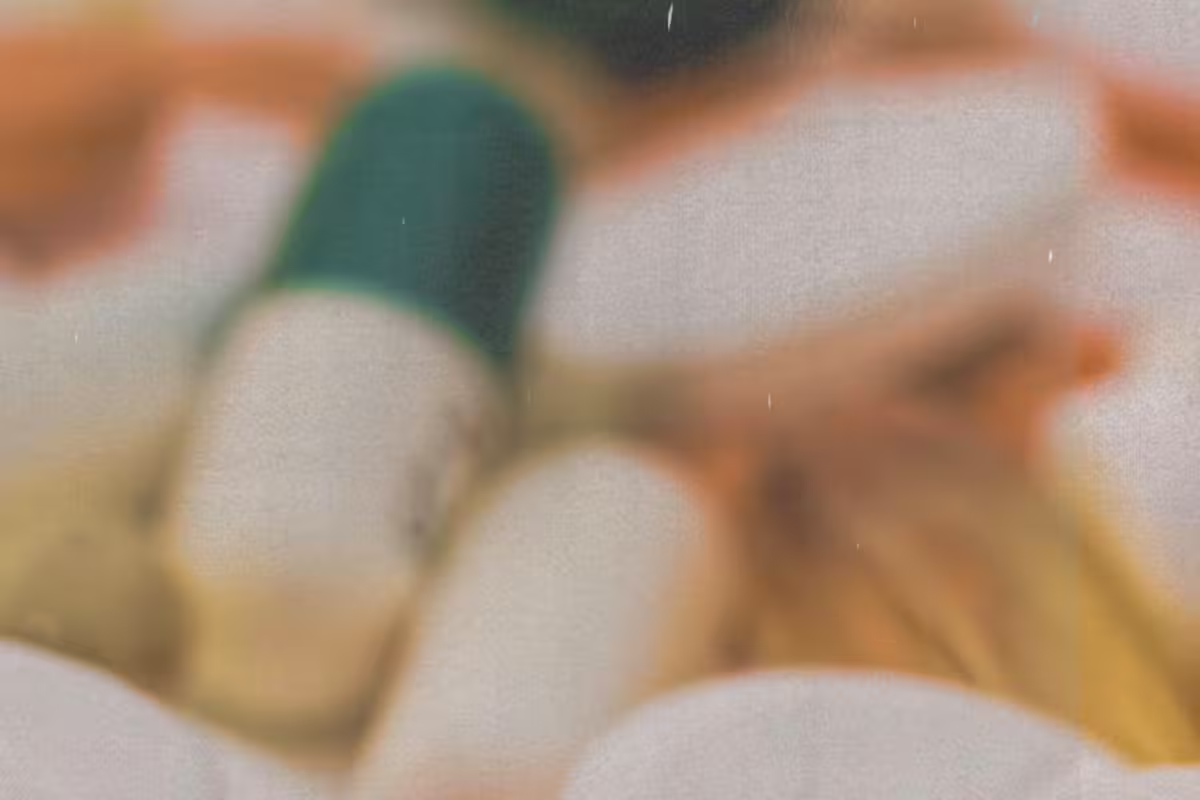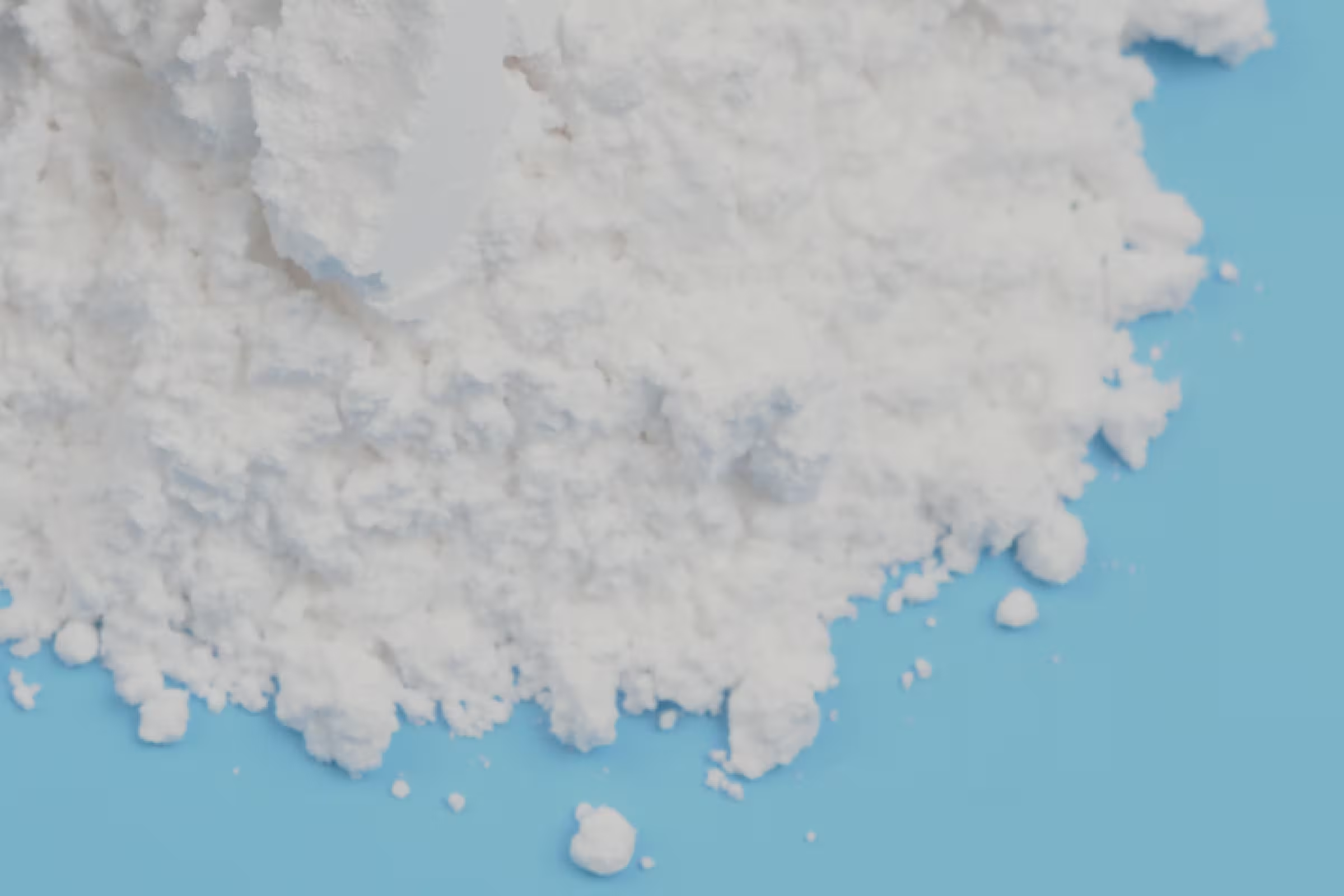

What Is Serrapeptase? Benefits, Side Effects, and Other Need-To-Knows
In this article, we look at the potential benefits of serrapeptase, its side effects, and whether it might support vaginal health. Read on to learn more.
Words by Olivia Cassano
Scientifically edited by Dr. Krystal Thomas-White, PhD
Medically reviewed by Dr. Kate Stewart, MD
There’s no shortage of supplements out there, and it can be overwhelming to know which does what, and whether they’re as effective as they claim. If you’ve ever gone down the rabbit hole of vaginal health supplements, you may have come across serrapeptase or "biofilm busters". Below, we look at the potential serrapeptase benefits, its side effects, and whether it might support vaginal health.
What is serrapeptase?
Serrapeptase is an enzyme. Our body uses enzymes for a variety of different functions from digestion to cell growth, but serrapeptase specifically is a proteolytic enzyme. Proteolytic enzymes break down proteins (the building blocks of cells) into smaller compounds called amino acids.
It’s derived from the intestinal bacteria of silkworms, which produce the serrapeptase enzyme to dissolve their cocoon and allow them to emerge as a moth (quite an image, hey?). Serrapeptase was first introduced in Japan in the 1960s but now it’s commonly being used throughout the world as an anti-inflammatory supplement.
Does serrapeptase disrupt vaginal biofilms?
Biofilms are like shields that specific bacteria and fungi make to protect themselves. Unfortunately, these shields can make it difficult to treat conditions like yeast infections and BV, and can result in recurring infections. Biofilm busters, on the other hand, are substances or compounds that can disrupt or break down that “shield”. The idea is that biofilm busters help by targeting the protective matrix of the biofilm, which can make it easier for antibiotics or other treatments to work effectively. So could serrapeptase act as a biofilm disruptor and help make vaginal infection treatment more effective?
Although serrapeptase may disrupt bacterial biofilms, it’s only been tested in labs and no human trials have been conducted. So, there’s no existing evidence to support the idea that serrapeptase will help with vaginal infections. Currently, boric acid (taken vaginally) is the only treatment used to disrupt vaginal biofilms.
It's also worth noting that every living organism makes biofilms differently. So far, serrapeptase has been tested against non-vaginal biofilms in the context of preventing wound infections on the skin.
However, there's currently no research into the use of serrapeptase for vaginitis or even on vagina-associated organisms like Gardnerella and Prevotella. Additionally, serrapeptase supplements are meant to be taken orally. There’s no existing evidence that these supplements will survive your stomach acid and reach the vagina in their active form.

Recurrent symptoms? Get Evvy's at-home vaginal microbiome test, designed by leading OB-GYNs.
Serrapeptase benefits
The TL;DR is that the jury’s still out on the potential health benefits of serrapeptase supplements. Although there isn't much research on the benefits of serrapeptase, some complementary and alternative medicine practitioners suggest that it has anti-inflammatory effects. Some studies show that it may help reduce pain and postoperative swelling after dental surgery.
Serrapeptase has also been touted to help with a variety of health conditions, from arthritis and acute or chronic inflammation (your body's natural response to injury and stress), to bacterial infections — which is why you may have heard of serrapeptase supplements in the context of vaginal infections like bacterial vaginosis (BV).
However, it's important to note that the health claims surrounding serrapeptase lack scientific evidence. Most clinical trials on serrapeptase have been done in labs (rather than humans), so there’s not enough data to know for sure whether or not serrapeptase is effective (and for which health conditions).
Serrapeptase side effects
Serrapeptase is generally considered safe, but it can cause some unwanted side effects. A systematic review found that the side effects of serrapeptase can include:
- stomach pain and upset
- diarrhea
- poor appetite
- joint pain and muscle pain
- skin reactions
- cough
- bleeding disorders and blood clots.
The main issue is that biofilm busters don’t distinguish between good and bad biofilms, so they may affect good bacteria, too. Taking them long-term also carries the risk of affecting your liver function and putting stress on your body.
Because it's classified as a dietary supplement, the US Food and Drug Administration (FDA) doesn't measure the clinical efficacy or safety of serrapeptase (or other dietary supplements, for that matter). Although legally companies can't market a supplement as a treatment or cure for a specific disease, or to alleviate the symptoms of a disease, serrapeptase isn't required to meet the same federal safety standards as medications.
What works for one person will not necessarily work for another, so it’s important to speak with your healthcare provider before taking any supplements, including serrapeptase. You shouldn't take serrapeptase if you're on blood thinners, pregnant, or breastfeeding.
FAQs
What does serrapeptase do?
Serrapeptase is a proteolytic enzyme, which means that it breaks down proteins in your body into smaller compounds called amino acids.
What is serrapeptase good for?
Serrapeptase is most commonly used for chronic inflammation. Some studies show that taking serrapeptase could help reduce inflammation, pain, and facial swelling after oral surgery. Another study looked at the effects of serrapeptase versus placebo in people with ear, nose, and throat inflammatory conditions and found that people who took serrapeptase had less pain and mucus production compared to those who took a placebo. That said, the research on serrapeptase is pretty scant, and there isn’t enough evidence to back up claims that it can help other health conditions, such as preventing infections or treating chronic respiratory diseases. There’s no evidence that it can help treat vaginal infections.
What are the side effects of serrapeptase?
Serrapeptase is considered a pretty safe supplement, however, it can have some mild unwanted side effects. Serrapeptase may cause an upset stomach, diarrhea, poor appetite, joint and muscle pain, skin reactions, and cough. These side effects are usually mild, but it's important to consult your healthcare provider before introducing any dietary supplement, including serrapeptase. Serrapeptase can increase the risk of bleeding, so it's not recommended if you're taking blood thinners or have a blood clotting disorder.
Can serrapeptase help disrupt vaginal biofilms?
Despite claims, there is currently no research into the use of serrapeptase for vaginitis or even on vagina-associated organisms like Gardnerella and Prevotella. Additionally, serrapeptase supplements are meant to be taken orally. There’s no existing evidence that these supplements will survive your stomach acid and reach the vagina in their active form.





